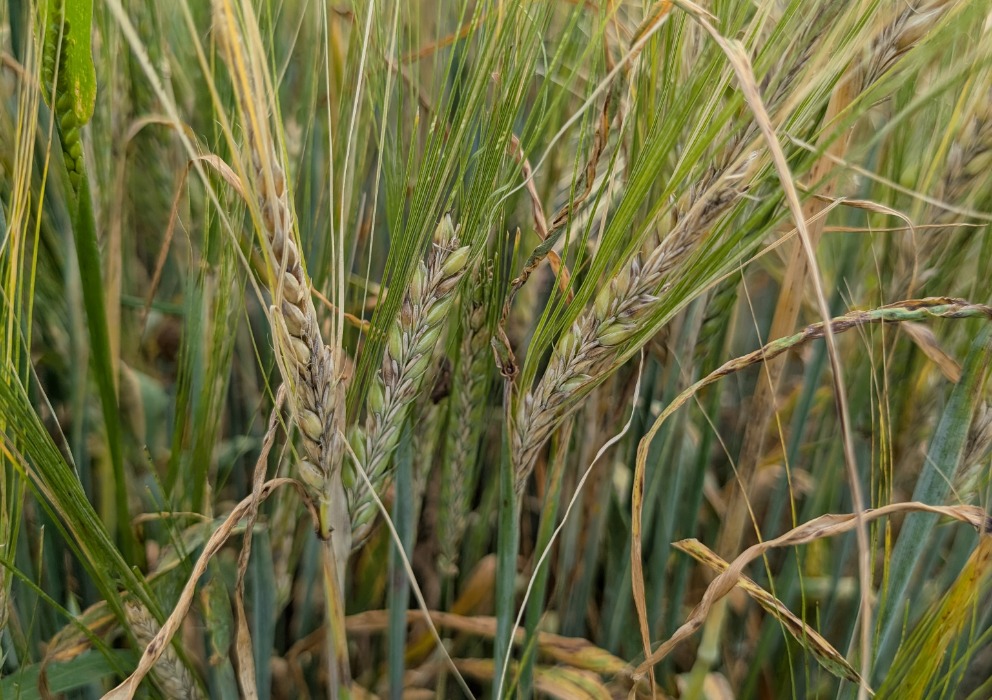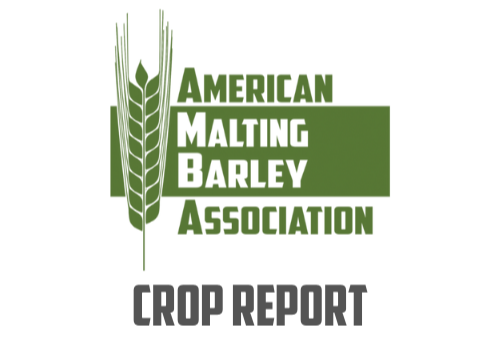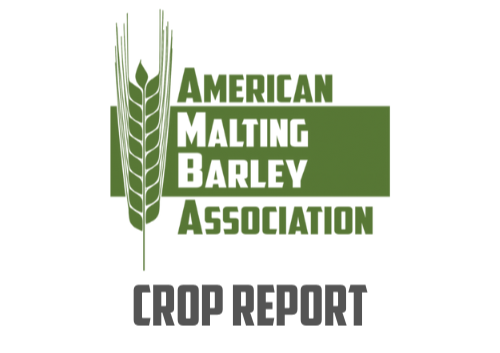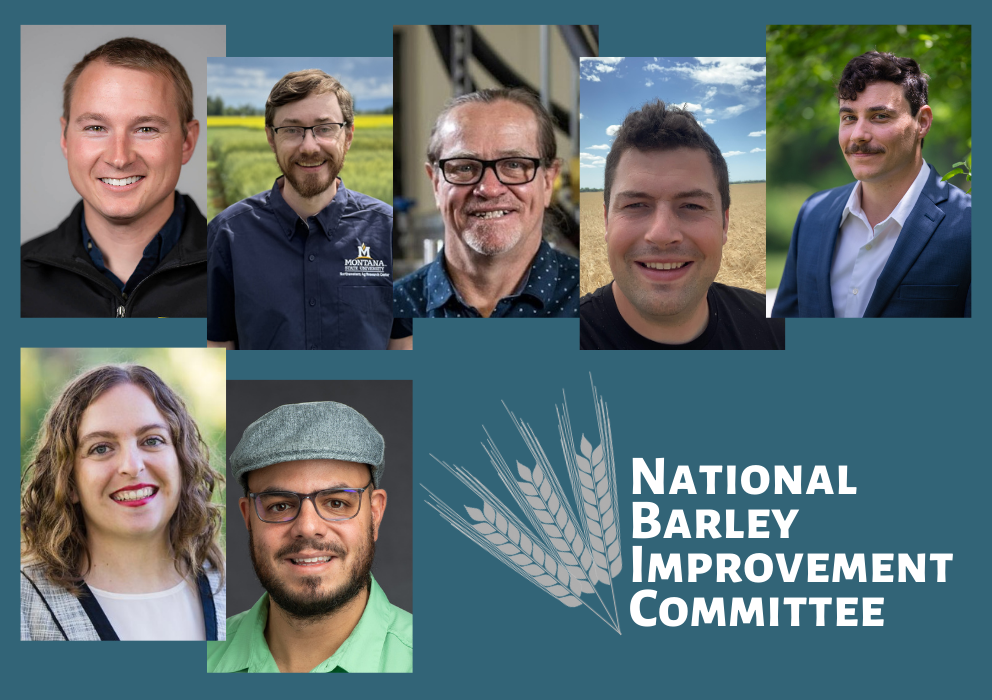
Collaborative research projects are restored after historic delay in funding agreements for the USWBSI
Collaborative research projects are restored after historic delay in funding agreements for the U.S. Wheat and Barley Scab Initiative (USWBSI). After the expiration of existing agreements on April 30, 2025, the future of these 90+ projects was uncertain due to the disruption in normal funding distributions to government departments, including the U.S. Department of Agriculture, which houses the Agricultural Research Service (ARS), the agency responsible for managing the agreements and funds for the Initiative. Additional layers of review had slowed the agreement renewal that came at an especially challenging time right before the start of the crop field season. The Initiative, currently funded at nearly $14 million annually, retains a significant portion of the funds within the USDA-ARS for research operations, but several of the projects are carried out by researchers at Land Grant universities. Without new research agreements in place, many were faced with difficult decisions on whether or not to abandon projects that lacked financial support. Since 1997, the USWBSI has been developing effective control measures that minimize the threat of Fusarium Head Blight (scab), including the production of mycotoxins, for producers, processors and consumers of wheat and barley. This work has kept the devastating disease in check allowing farmers to continue to produce a high quality and safe supply of wheat and barley thus supporting the associated high value-added industries like milling and brewing. A 2017 study found that every dollar invested in the research produced a $71 return. Representatives from the American Malting Barley Association (AMBA) and North American Millers Association (NAMA) mobilized their stakeholder groups including the National Association of Wheat Growers, National Barley Growers Association, National Wheat Improvement Committee, and National Barley Improvement Committee, to ensure the Administration knew how devastating these disruptions were to research operations, and ultimately our food supply. Tireless advocacy efforts highlighted the importance of long-term research investment and how uncertainty was leading to the loss of some of our top talent within the science community. Nearly three months after research agreements expired, USDA-ARS has completed its review of the FY25 USWBSI projects and funding has begun to be distributed to universities. We are grateful for the restoration of these projects and for the researchers committed to this work. The next chapter in this story will be looking towards FY26 as the process for identifying new projects would typically already be underway. Thank you to USDA for acting to ensure that funding for these critical USWBSI projects reaches the scientists doing this important work.





.png)



